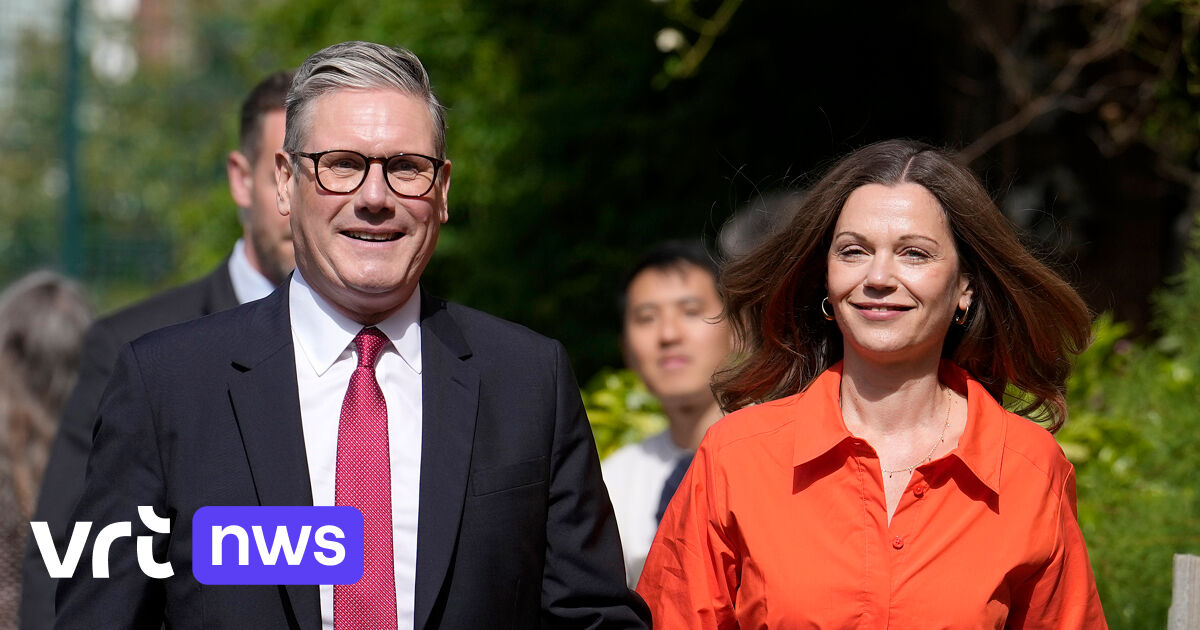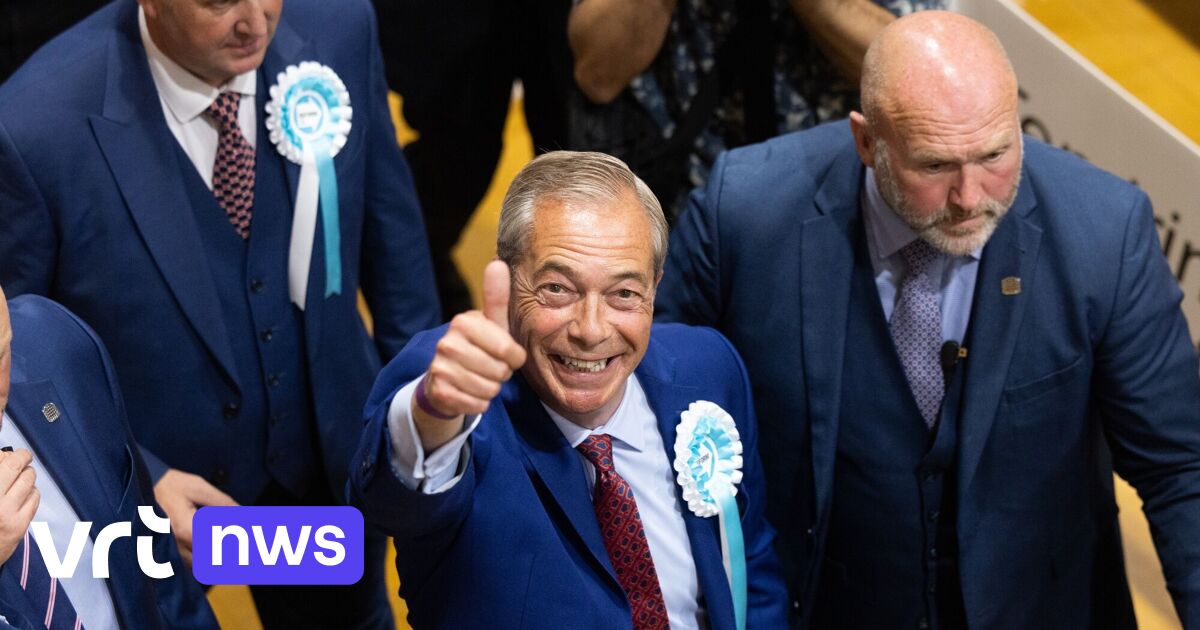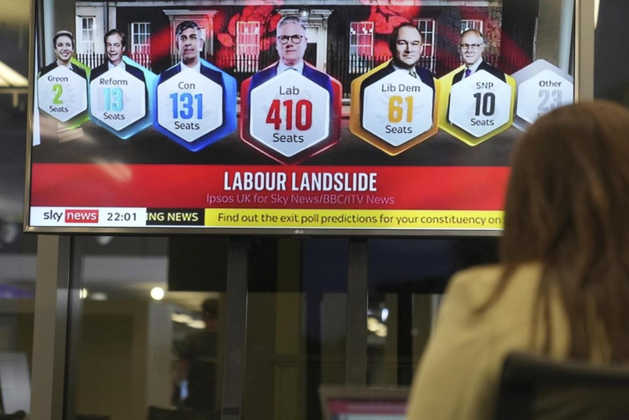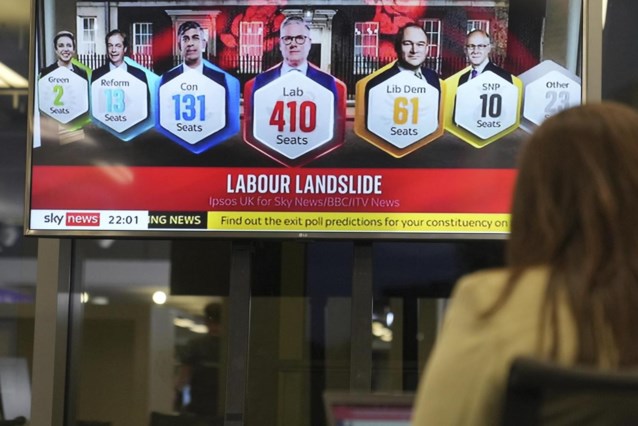A majority of 92,000 of the approximately 160,000 members of the British Conservative Party elected Boris Johnson as the new party leader, making him the new British Prime Minister. It was the end of a long succession battle within the Conservative Party – MPs first had to appoint two candidates in separate rounds, after which they had to convince the party’s 160,000 members. Current Prime Minister Theresa May will submit her resignation to the Queen tomorrow, after which her successor Johnson will be installed.
Boris Johnson, former Foreign Secretary, former Mayor of London and a big bad in British politics, has previously been well ahead of his rival Jeremy Hunt in opinion polls. In the final round of voting in the Conservative group in the House of Commons, he received 160 of 313 votes, Hunt received only 77. And the charismatic Johnson is also very popular among members: the scandal surrounding a heated row with his girlfriend at the start of the campaign apparently did not cause the slightest stir even.
Great resistance
The real work starts tomorrow. The UK will leave the European Union on October 31, but concrete plans for Brexit have not yet been discussed. Boris Johnson has always said – as has Hunt – that he wants to renegotiate the divorce agreement Theresa May made with the Union. However, this seems unrealistic: Brussels has said from the start that no letter of agreement would be changed. Last week, Johnson said he had no intention of agreeing to the ‘backstop’, part of the divorce agreement that was supposed to resolve the Irish border issue. This makes the chances of a no-deal Brexit even greater.
Brexit is one thing, but the new British Prime Minister will also have to face huge resistance, from the opposition Labor Party, but also from his own Conservative Party. Some thirty members of the Conservative Party, including the influential Chancellor of the Exchequer Philip Hammond and Dominic Grieve, have not ruled out the possibility of bringing a motion of no confidence in a future Johnson government if No Deal comes close, even if that means something to Labor leader Jeremy Corbyn . safe behavior to 10 Downing Street. Moreover, like Theresa May, Britain’s future leader will have to govern without a majority in parliament and Labor could test confidence in the prime minister as early as Thursday, when Johnson announces his Brexit plan in parliament.
In any case, the new British Prime Minister’s first task will be the composition of his cabinet. Many names are already circulating in the British press for this: long-time supporter Liz Truss could become Chancellor of the Exchequer, while Johnson is eyeing his campaign manager Iain Duncan Smith for the post of Deputy Prime Minister. Former Brexit Minister Dominic Raab is expected to become the new Home Secretary, although he also has the opportunity to become Brexit Minister again.

“Hipster-friendly creator. Music guru. Proud student. Bacon buff. Avid web lover. Social media specialist. Gamer.”







